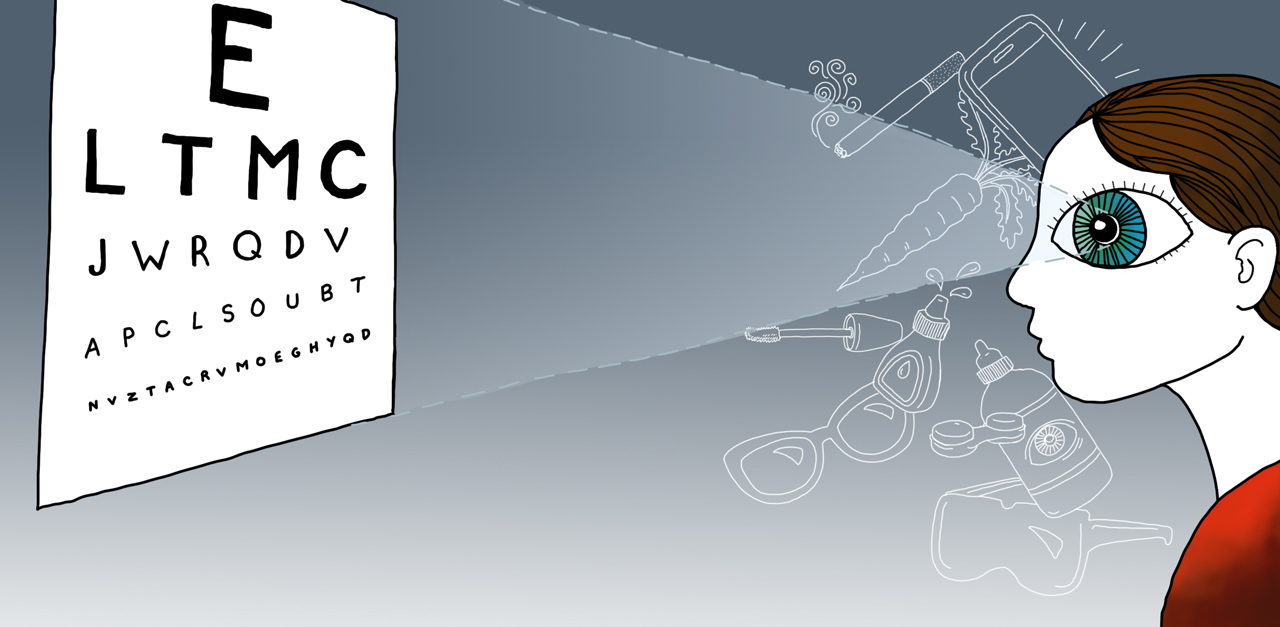
If you're reading this, chances are you rely on your eyesight to do just about everything.
As important as our other senses are, "The eye is not only the most beautiful but also the most important sensory organ of the human body; four-fifths of all the impressions on the senses come from the eye," according to Augenklinik Stralsund, an ophthalmology hospital in Germany.
Of course, people are more than capable of living and thriving without the gift of sight. However, it certainly makes life more challenging.
Since vision is so important, it is in your best interest to maintain your eye health. Moreover, it's especially important to avoid bad habits that might hurt your eyesight.
We all do things every day that aren't good for our eyes. Habits may be hard to break, but in this case, your vision is 100% worth it.
Learn how you might be hurting your eyesight on a daily basis:
Photos: Laura Caseley for LittleThings; Wikimedia Commons / CC0
1. Rubbing Your Eyes
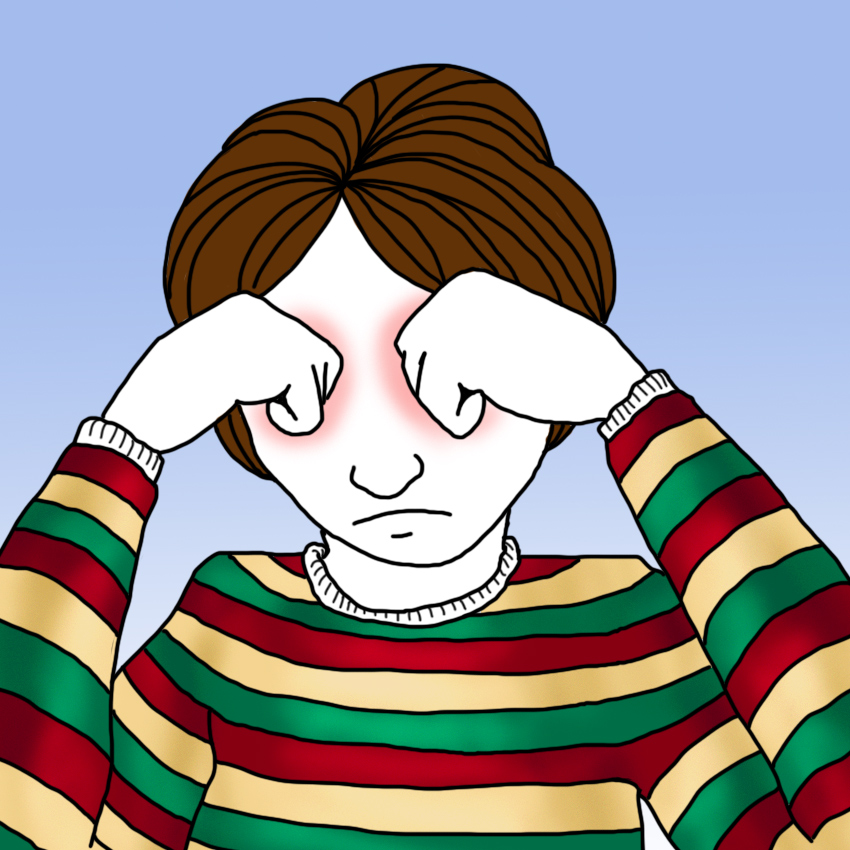
We all have the urge to rub our eyes once in a while. Doing it sparingly is OK.
However, as the Vision Eye Institute points out, rubbing too hard or too often can do some permanent damage.
Excessive rubbing can cause tiny blood vessels to break, transfer dangerous germs from your fingers, disrupt blood flow that leads to nerve damage, and even thin the cornea.
2. Screen Time
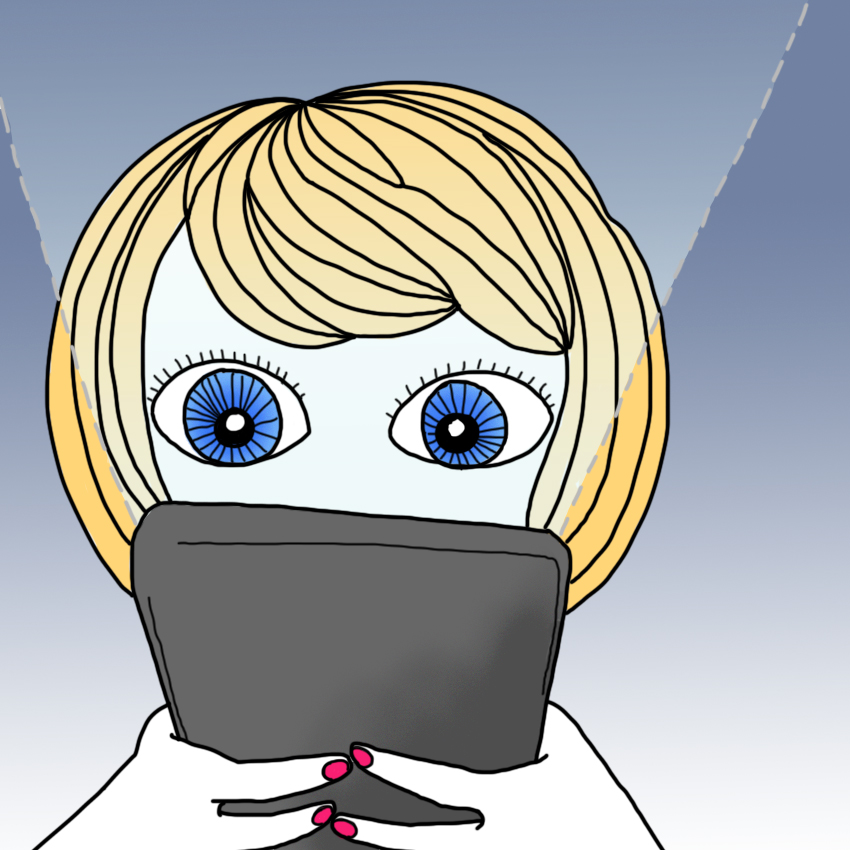
Plenty of us spend all day looking at screens. However, it is probably in your best interest to limit your exposure as much as you can.
Dr. Feldman of Clearview Eye & Laser Center of San Diego told Ophthalmology Times that 90% of people who spend three or more hours per day looking at a computer screen have what is called computer vision syndrome.
The doctor recommends reducing the glare on your screen, and resting your eyes every 20 minutes or so as precautionary measures.
3. Smoking
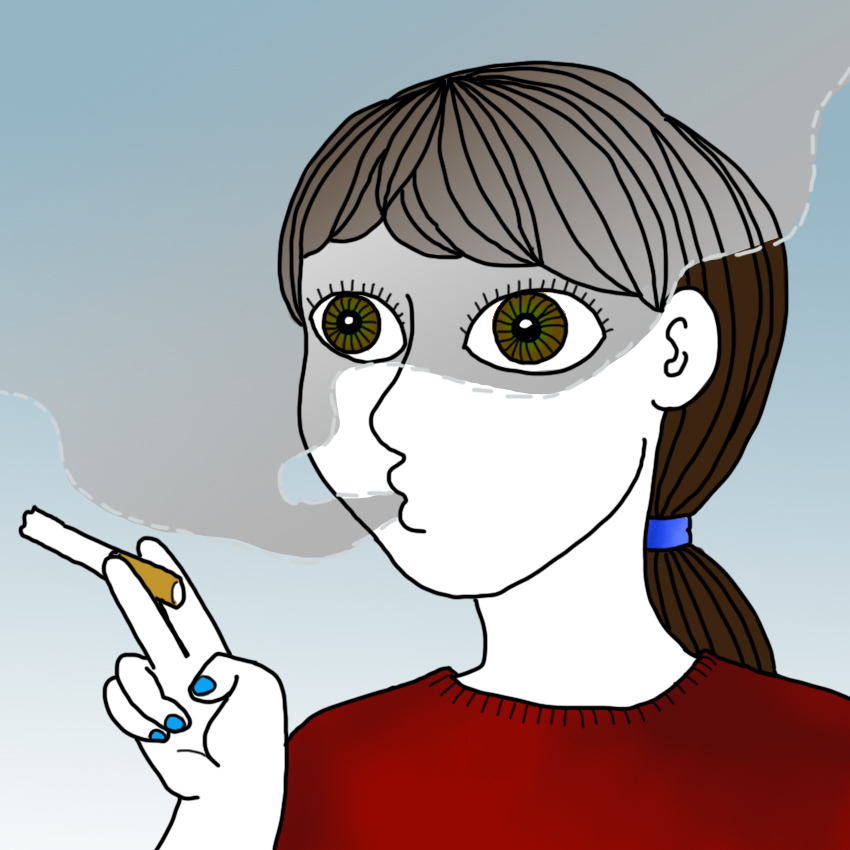
Smoking is bad for almost every part of your body, and your eyes are no exception.
In fact, the American Academy of Ophthalmology explains:
People who smoke are twice as likely as nonsmokers to develop uveitis, a serious condition affecting the uvea, or middle layer of the eye. Smokers are also at greater risk for developing diabetic retinopathy, a vision-stealing disease affecting the eye’s retina.
If you needed another excuse to quit smoking, now you have it.
4. Not Getting Enough Vitamins
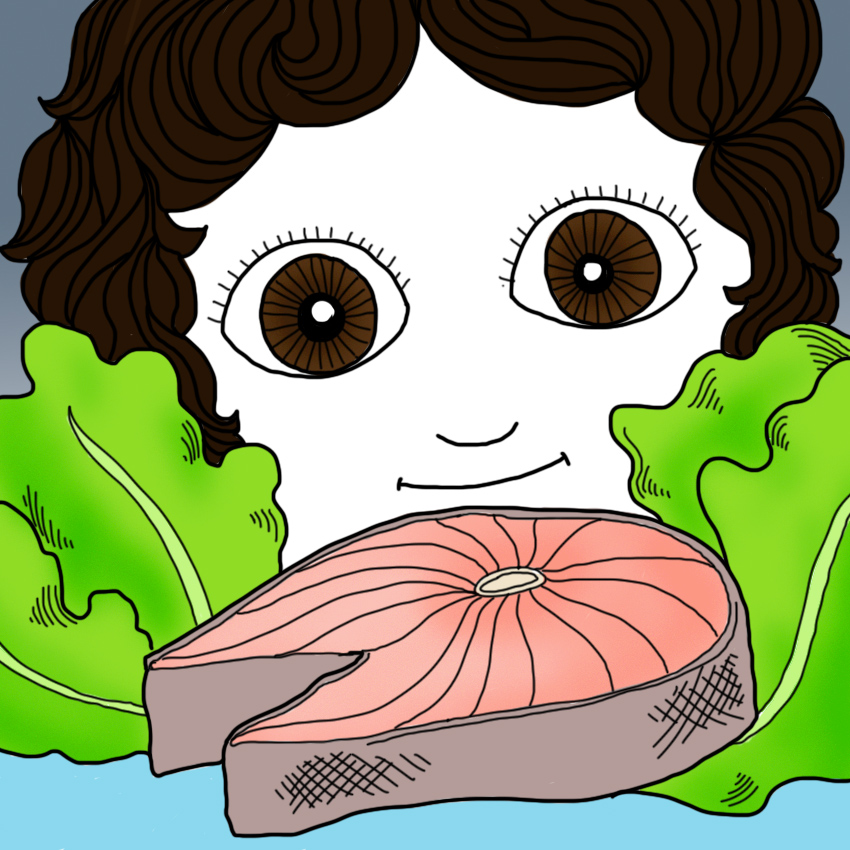
As you know, a well-balanced diet is important for your overall well being.
You've probably heard that carrots are good for your vision. This is because carrots contain a lot of vitamin A, which promotes eye health, according to WebMD.
Vitamin A isn't alone. Vitamin C and E are also good for your vision. If you're not getting enough of these, it could hurt you in the long run.
5. Failure To Use Eye Protection

Our eyes are very delicate organs that need protecting.
Failure to use eye protection when swimming, cooking with hot oil, mowing the lawn, or doing things like working with chemicals and sharp objects could all result in eye injury.
6. Wearing Old Contact Lenses
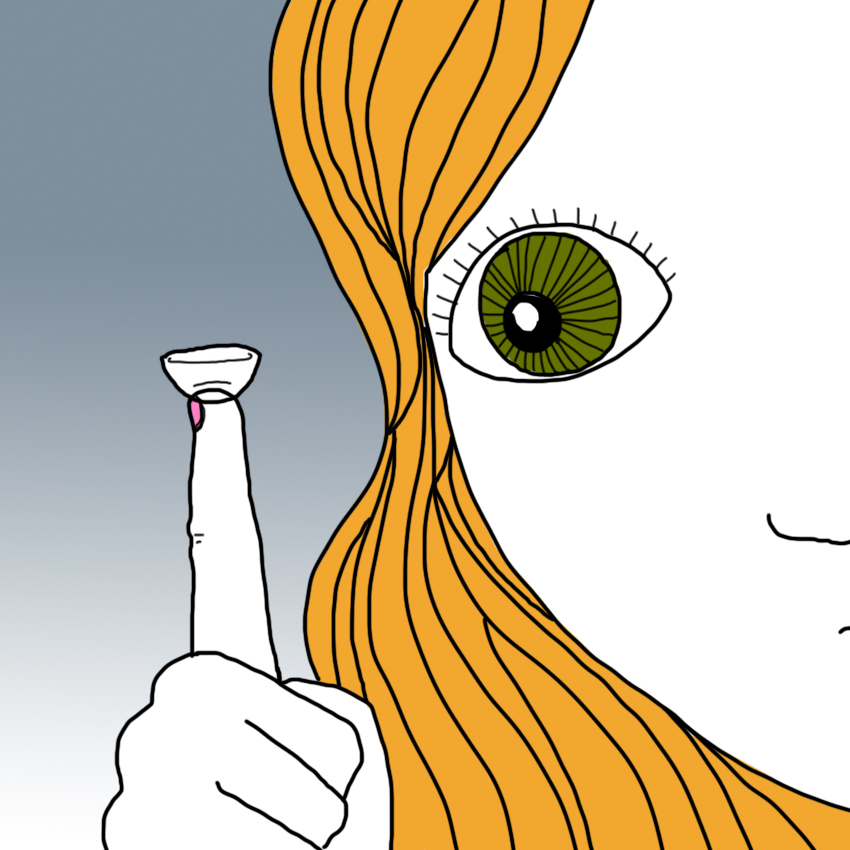
Everyone wears different kinds of contact lens, but no one should be wearing theirs for longer than is recommended by their particular prescription.
Arizona Retinal Specialists explain that failure to replace your contacts regularly can cause eye pain, blurred vision, red eyes, overgrowth of blood vessels, and eye ulcers.
In other words, make sure that your contacts aren't too old so you can avoid these issues altogether.
7. Forgetting To Wear Sunglasses
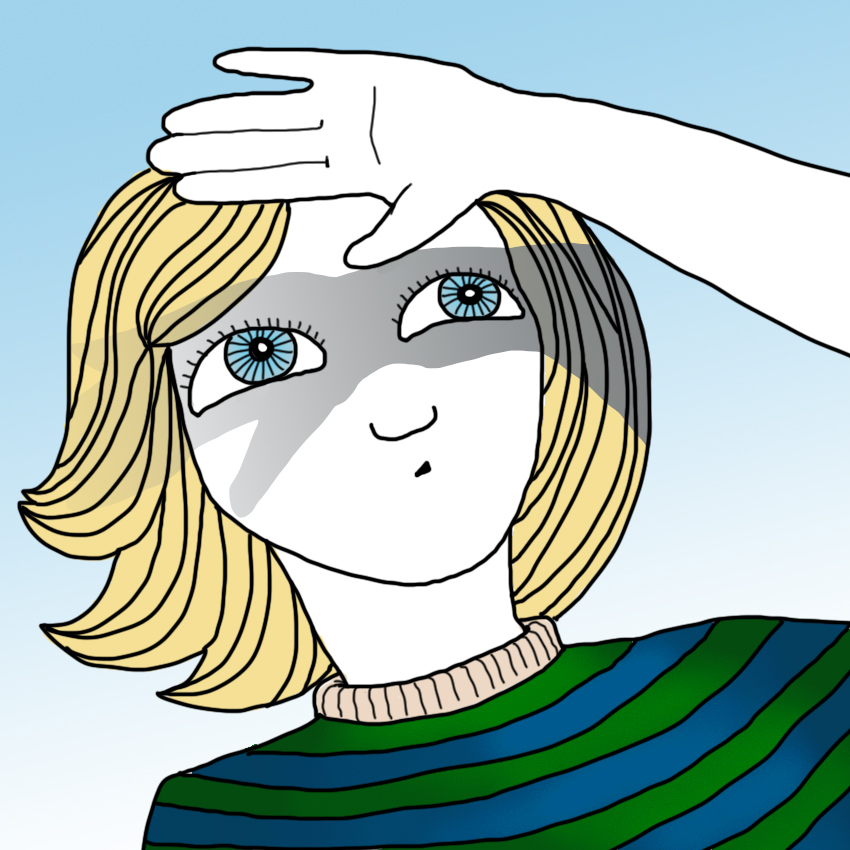
We all know not to stare directly into the sun. With that said, most of us have done it and can still see.
However, overexposure to the sun's harmful UV rays can increase the risk of eye issues like cataracts, growths, and even cause cancer, according to the American Academy of Ophthalmology.
It's in the best interest for you and your eyes if you wear sunglasses when you're outside for prolonged periods of time.
8. Using Old Makeup
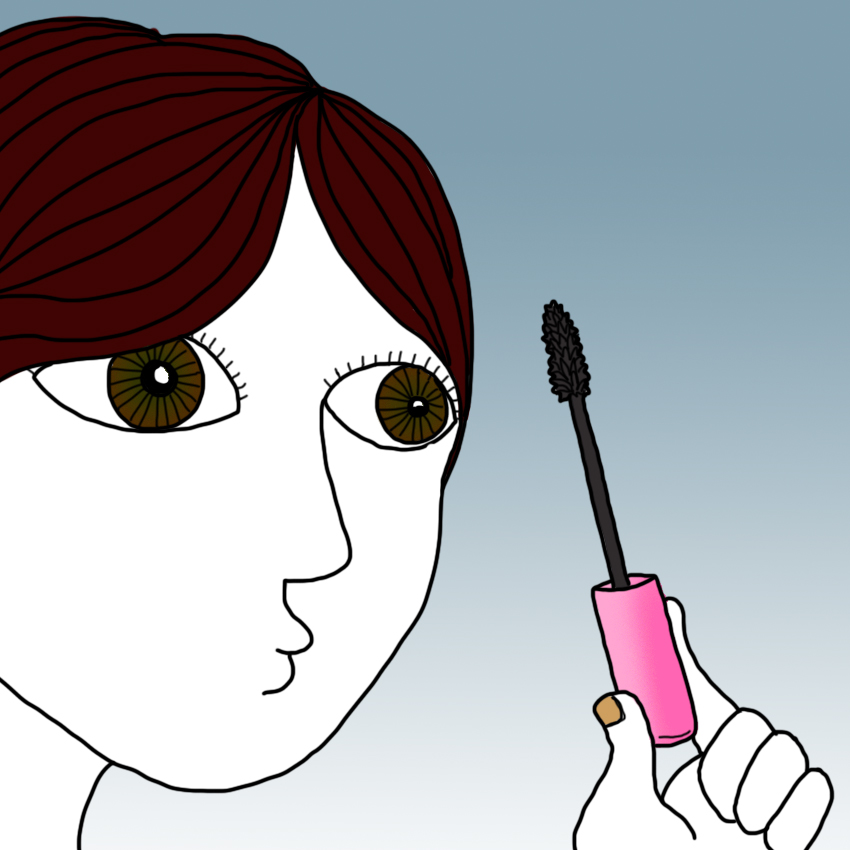
Even though using pointy objects around our eyes sounds like a recipe for disaster, it's a risk that makeup wearers are willing to take.
Wearing makeup is OK for your eyes as long as you apply it safely and don't use makeup that is too old.
The University of Rochester Medical Center points out that women have been temporarily or permanently blinded by an eye cosmetic.
Products like mascara that we use on our eyelashes pick up bacteria over time and become more contaminated the longer you have them. This increases the risk of infection.
9. Avoiding The Eye Doctor
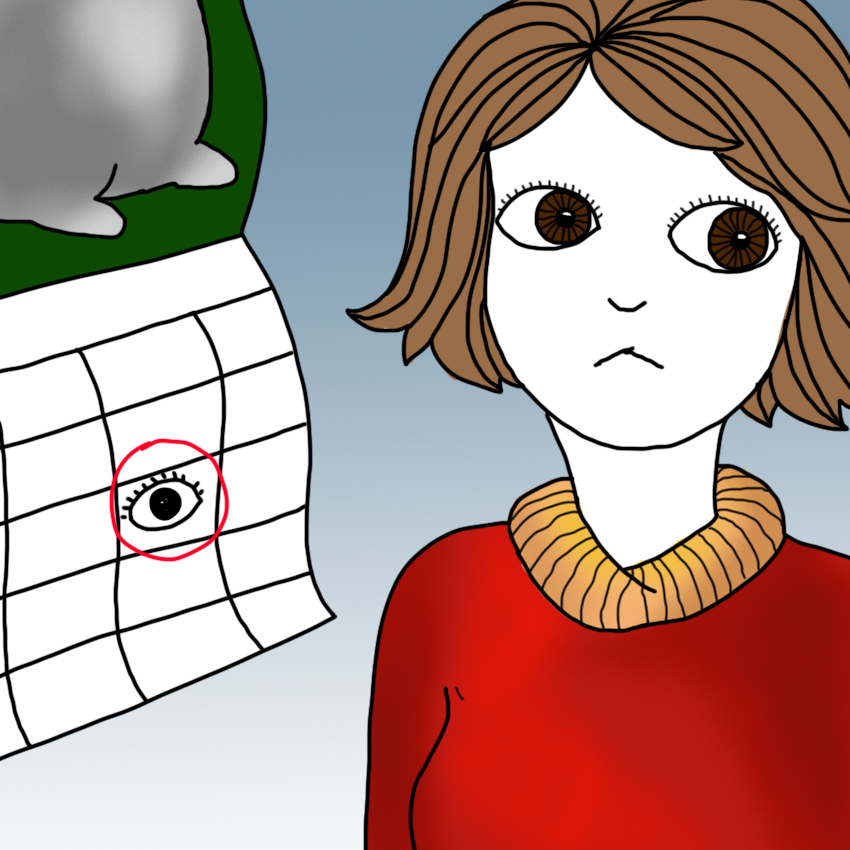
If you don't have any problems with your vision that you're aware of, you may never have even been to an eye doctor.
However, like any other doctor, it's important to go for check-ups.
How often you should go depends on your age. Prevent Blindness recommends a complete eye exam every two to four years if you are under the age of 65, and every one to two years if you are 65 or older.
10. Relying On Eye Drops
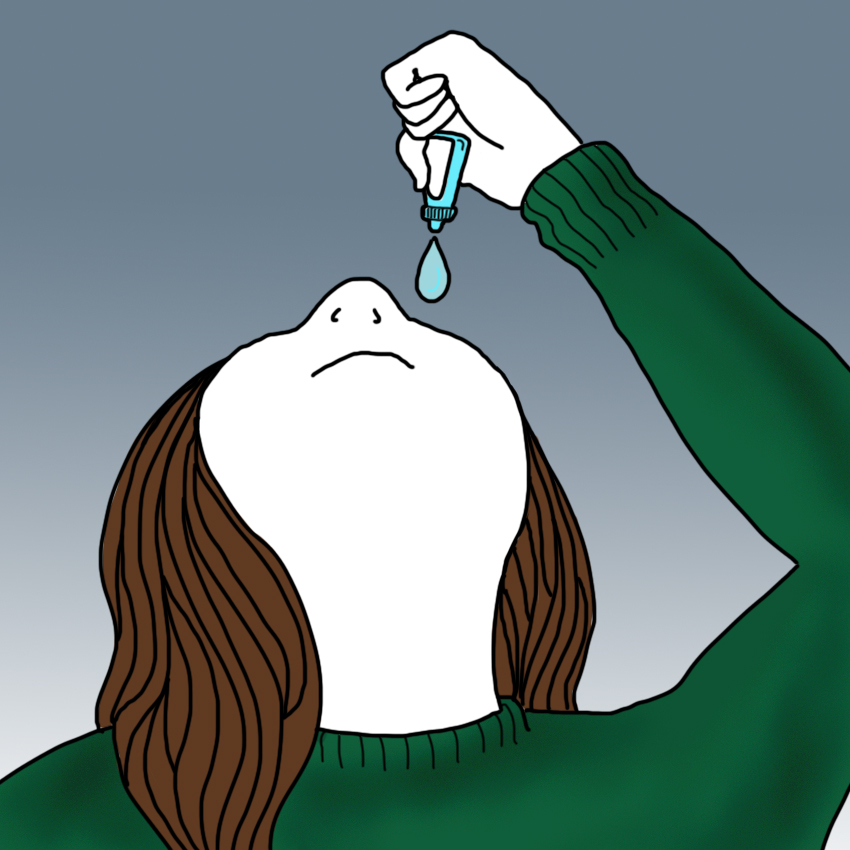
Eye drops can be useful if you have issues like dry eye or redness.
However, you don't want to become too reliant on your drops. Overuse can result in systemic absorption of the drug, which isn't good for you or your eyes, according to a study published in Clinical Ophthalmology.
In fact, no more than one drop should be applied to each eye itself, regardless of the particular drug. Additional drops should be applied to the conjunctival sac.
Be sure to SHARE this information with someone you know who could use some insight on eye health!




